(BGDT) - Finally, I arrived at Bai Cao, a place that many people consider strange in the most remote and poorest commune of the remote district of Thach An.
I thought I was out of breath, then I arrived at the abandoned hut on the precarious mountain. Very strange, not like I imagined, Bai Cao is a land on the top of a towering mountain called Coc. Coc Mountain. Yes, the name of an ugly but brave animal. Even stranger, Bai Coc has no bushes but only light yellow smooth grass, but scattered with many rocks with strange shapes, some rocks look hideous like monsters. There are some rocks leaning as if about to fall. There are five or seven hollow, distorted rocks forming welcome gates. There is also a smooth rock with a sharp tip like an upright arrow. Different from the top, the mountain is surrounded by dense acacia trees, down below are fruit trees. I can hear the chirping of birds and the gurgling of running water from near and far. At the foot of the mountain is Say village of the Nung people with more than twenty houses. I had stayed at a family's house before going up this mountain.
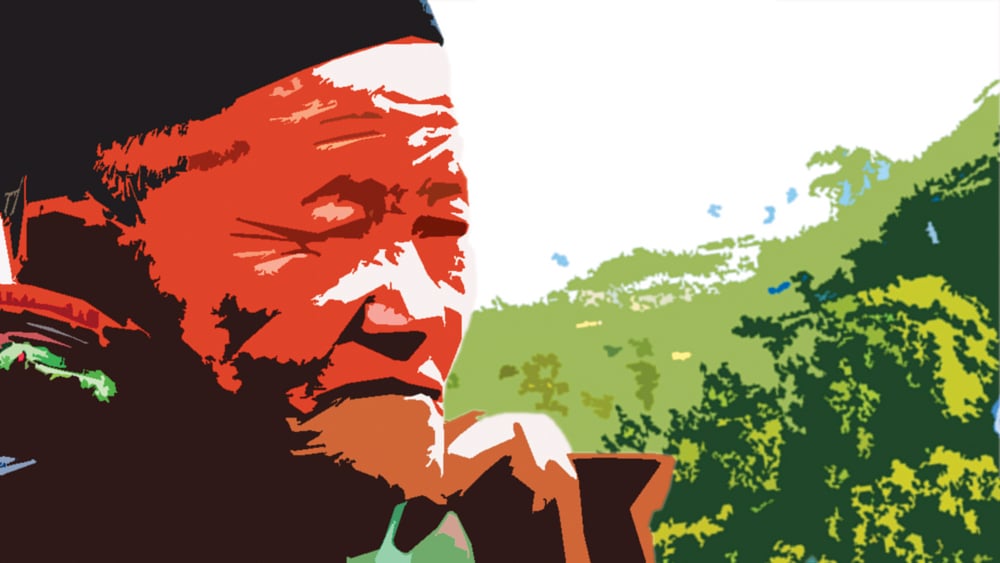 |
Illustration: China. |
The hut was built like a stilt house next to a wild tree, with a ladder going up and down. The walls were made of bamboo. The floor was made of wooden panels. Right at the door, an iron bar was hanging. I didn't know what the purpose of this hut was. I had already learned about its owner from someone in the village.
Through the sparse trees in front of me, I saw a person slowly walking up. It must be Mr. Vuot, the owner of this hut. He gradually walked towards me. He was a thin old man with white hair, carrying a brocade bag, indigo shirt, blue pants, and cloth shoes.
I went down the stairs to welcome him. He looked at me indifferently, only nodded slightly when I politely greeted him, then quietly went up to the village. “Are you here to enjoy the scenery?” He asked, absentmindedly looking at the camera I placed on my backpack. “The scenery is beautiful, take lots of pictures.” He opened his cloth bag and took out a bottle of wine and a bottle of water.
- Are you from here?
- No. Downstream.
- Yes, which province?
- Thai Binh . I live in district ...
While speaking, he stopped and pointed down at the head of the village where a group of soldiers with backpacks and guns were marching. He sighed softly and bowed his head.
- Are you also an anti-American soldier?
- Yes - he poured two glasses of wine and told me to drink - good wine - He lifted the glass and then put it down, thinking - So sad, don't mention it again.
I was irritated by that statement. “Don’t mention it again.” Was that a story from the war against America? He must have had something hidden in his heart.
Silent for a moment, he said softly:
- The story is like this…
So instead of going to Bai Cao to walk around and look around, I listened to him tell…
*
* *
More than fifty years ago, the young man Sang - who is now Mr. Vuot - wore a stone backpack, an AK rifle dangling from his chest, sometimes on his shoulder, marching across streams, along the mountainside during the days of training new soldiers in a highland area like this Coc mountain.
On the day he sent his son off to the army, Mr. Sung kindly said:
- Once you go, you must complete your mission, worthy of your family and hometown traditions. Remember that.
Sang grinned and said loudly:
- Don't worry Dad, I will either have green grass or red chest.
- There is no green grass but only red chest.
Mr. Sung was a soldier during the anti-French war, having fought in the Border and Dien Bien campaigns. When he was discharged from the army, he was the village captain and a few years later he became the Chairman of the Committee, and is currently the Party Secretary of the commune. Mrs. Hoa stood behind her husband, tears streaming down her face, which made him angry.
Sang spent three years on the battlefield from the Central Highlands to Quang Da, many times thinking that the grass was green. The letters he sent home gradually became less frequent and then disappeared. What haunted Sang during those years on the front was seeing his comrades die right next to him. That was Dong - nineteen years old, young-looking, the most mischievous in the platoon, who was hit by a bomb. That day Sang and Dong were in the trenches together in the ambush against the enemy. Sang was sitting when he was ordered to meet the company commander. He left for a while and the enemy plane dropped a bomb. When he turned back, he saw Dong's body in front of him. Then Le, with a face full of scars, weak limbs, quick as a squirrel, was in the same bunker with Sang. Another artillery barrage and a series of enemy bombs, the bunker was dug up, the earth collapsed. The puppet soldiers rushed in. Le and Sang were dragged out and led to a place. The soldier pointed a gun at Le and told him to tell them who the ambush unit was. Le glared and shook his head. Immediately the soldier opened fire. Le collapsed right next to Sang.
- Does this guy say anything? - The anti-gun soldier looked at Sang.
- I…o…i - Sang stuttered - I…o…i…
Soon after, he was taken back to Saigon by the enemy.
Five months after the liberation of Saigon, he returned home alone after completing his term of re-education without detention by the City Military Management Committee. He was bustling, excited, happy, and worried. When he reached the end of the village, he met a few acquaintances.
- Have you just come back?
- I thought…
- What a fat and white soldier, unlike Tuong and Vinh.
- But someone reported...
Strange. Indifferent, vague words. Questioning, suspicious looks. Absolutely no eagerness, care, warmth, or joy. Could it be…
His mother, apparently tipped off by someone, ran out of the house as soon as he reached the yard. “Oh my God, my son…”.
She burst into tears. His father remained sitting silently in the house.
- Dad. Sang choked.
Mr. Sung looked at his son coldly, nodded slightly, then quietly went inside the house...
Mr. Vuot stopped telling, sipped the wine in his hand, and looked out towards the stairs. His old eyes seemed to be looking into some distant place. His face now looked even more haggard. At only seventy-six years old, he looked like he was over eighty.
“Until the day I die, I still cannot forget my father’s eyes that day. Many nights, those eyes floated, drifted before me, staring at me, making me shiver. The day my father died, I knelt before his picture, crying and begging for forgiveness. Yes, I am a vile son, a disgraceful son, a traitor, a filthy son…” - His voice sounded faint as a breeze towards the end. For many days, I lived alone at home, not daring to leave the neighborhood. I felt like there was a mountain in my chest. That invisible mountain haunted me day and night. I suddenly became sullen, lonely and bored. You don’t know and you don’t understand. People came to my house and told me, and then someone told my mother. It was so humiliating, my brother.
- Dad is the Party Secretary, I am a soldier.
- Mr. Sung is no longer the Secretary.
- When he left, he was just the Secretary.
- These ladies, now call Sang a soldier, a liberation army or a puppet soldier.
- Our village is a model resistance village, with a military hero, two soldiers competing for the whole army, but a traitor and traitor was born.
- Mr. Sung is no longer bragging.
- Sang must be very rich...
Mr. Vuot looked at me sadly, drank the wine in his glass, his face was dull.
It was true that Sang was taken to the Ministry of Civil Affairs and recruited by the enemy after many checks. He only hung around doing odd jobs there for about a month and they almost didn't pay attention because they were in the chaos of the battlefield after our army liberated Da Nang and rushed towards Saigon.
Actually, that was all I had, but the villagers and commune people understood differently. That was because Linh, who was in the same unit as me, returned to his hometown and made up stories that I was on a helicopter calling on communist cadres to join the national cause, that I had informed them of the regiment’s location, and all sorts of things that I could not have known. Unfortunately, Linh had taken his wife and children to the South to live before I returned home. He had also just passed away…
“I fell into a deadlock, although later on the villagers did not care about my problems. I was the only one torturing myself. But one day…” Yes, that day Sang had to go to town. He met a bicycle repair shop owner who was a severely disabled veteran with one leg and one arm amputated. His wife was crippled in one leg and as skinny as a salted fish. He had to support two small children. Despite his life situation, he was very generous and humorous, to Sang’s surprise.
- Everyone has their own hardships after the war, but they must know how to overcome them. People differ from each other in their willpower.
“Must know how to overcome.” That sentence suddenly awakened Sang’s long-lost mind. Yes, overcome, must overcome. Suddenly he thought of the future…
He went to the Commune Committee to meet his uncle who was the Secretary...
- Uncle, please let me change my name, not Sang anymore, but Vuot.
- Oh, a beautiful name but an ugly name. Sang means rich and noble, what does Vuot mean?
Tone decisively.
- I want to overcome my pain:
The Commissioner stared at his unfortunate nephew.
- Well, I'll follow your advice. Actually, the commune doesn't have the right to do this, it has to go through the district.
However, in the papers, the Commissioner still carefully wrote: Le Van Vuot (old name is Sang). So Sang gave his house and land to his younger brother and quietly went to a mountainous district of the province. It was mid-1980. He asked many people who ran markets in Thach An district and finally, after many days of searching, decided to go to Tu Son commune, the furthest place in the district, with only a few thousand people, all Nung and Dao, scattered in nine villages. The Chairman of the Nung commune committee was surprised to see a Kinh man asking to settle in this remote place. After struggling to read the papers and asking a few questions, he slowly said:
- Is it real?
- Really?
- Long time?
- I stay until I die.
- Oh, a dozen years ago, there were five or seven families from the lowlands who came here but only stayed for a few years and then left. This commune is very poor. Why don't you stay in the communes up near the district?
- I like far away places.
Sang told the truth. He wanted to avoid the hustle and bustle of the city to go to a deserted, isolated place to calm his mind, not letting anyone know about his past mistakes. He wanted to overcome the mountain that weighed heavily on his heart. Tu Son was surrounded by several mountains that were almost bare because people from all over had come to cut them down. At that time, people everywhere were poor. The forest was where they made their daily living. Sang chose Say village near the foot of Coc mountain and soon found a suitable wife in the village. A beautiful and virtuous Nung girl.
- This mountain has a lot of glue, more than the other mountain - I said.
- Well, before it was bare, there were only a few wild bushes. I thought it should be covered. At that time, the district launched a campaign to plant acacia trees, subsidizing both seedlings and a little money. I accepted it and told everyone in the village to do the same, but they didn't listen. So it was just my wife and I. We planted a little each year, and after five years it was a lot. Seeing that, the villagers gradually followed suit. Also because acacia trees could be sold for money after a few years of planting. The trees became thick forests, and suddenly the stream that had been dry for years had water flowing down to the fields all winter.
- He is rich because he is stingy.
- That's a lot of money. More than half of the mountain here is mine. I'm not rich. I only spend a little and support the commune to build a primary school. For many years I sent money back to my hometown so that the commune could repair the martyrs' cemetery and rebuild the medical station. My two daughters both work in the district and have enough to eat and wear. My husband and I don't have to worry about anything.
- Do you often go back to your hometown?
- Usually I come back every year and if I do, I always go to the martyrs' cemetery to light incense and bow my head to apologize.
He turned to me and whispered:
- You know, I have overcome a mountain in my body for a long time. What mountain? You already know, why ask.
He stood up wearily and looked up at Bai Cao. I came up behind him.
- He built this hut to rest and enjoy the scenery...
He interrupted:
- Also looking after trees, looking after water and also looking after birds. For more than a year, some people from somewhere have come here to steal trees, hunt birds and geckos. I also release some geckos to give to the wounded soldiers in the village when I return home. If anything bad happens in this mountain, I will ring the gong. According to the convention, some people will come up - the old man happily patted my shoulder - Have you come to see the stream in the middle of the mountain? The water is very clear and cool. However, sometimes the water is blocked by fallen branches and fallen leaves. I will come to see how it is.
I put on my backpack. Mr. Vung struggled to put some cups and two plastic bottles into a cloth bag.
He and I slowly walked down the stairs. Just then, a group of people eagerly looked up from the foot of the mountain. Probably a tour group.
Short story by Do Nhat Minh
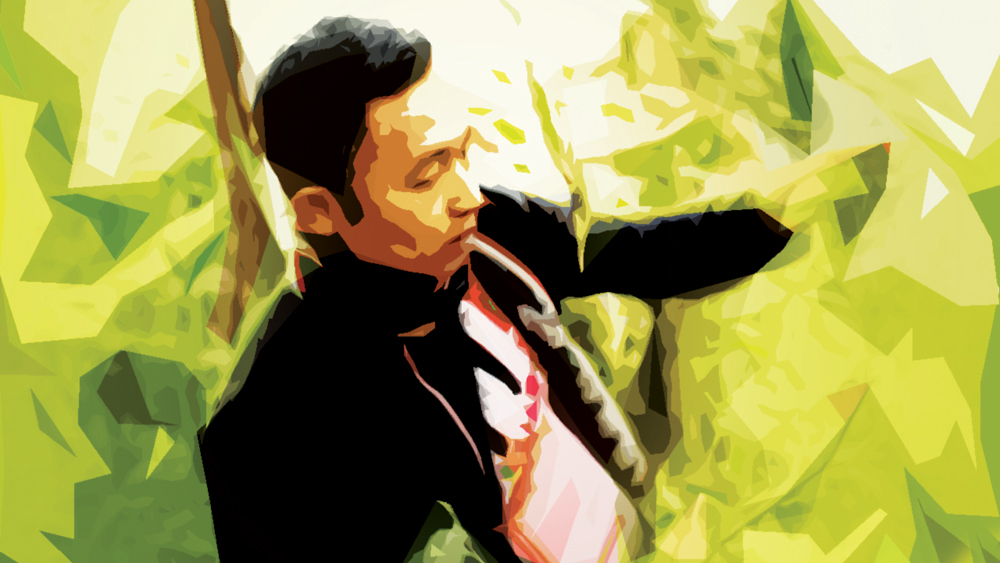
(BGDT) - Thinh sat down on the ground, grabbed his conical hat and fanned himself. Sweat was dripping down his bronze face. The curly hair on his forehead was stuck together in the shape of a question mark.

(BGDT)- It's almost six o'clock in the afternoon, but the weather is still so hot. The stuffy air is really uncomfortable! There must be a storm coming. It's been almost a month since the weather has given any rain.
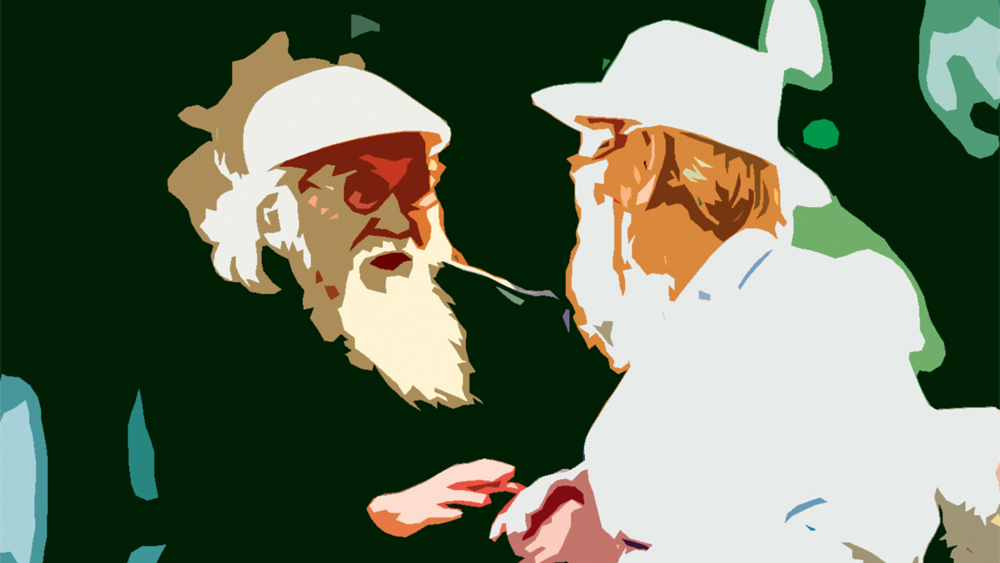
Source link








![[Photo] General Secretary To Lam attends the 80th Anniversary of the Cultural Sector's Traditional Day](https://vstatic.vietnam.vn/vietnam/resource/IMAGE/2025/8/23/7a88e6b58502490aa153adf8f0eec2b2)
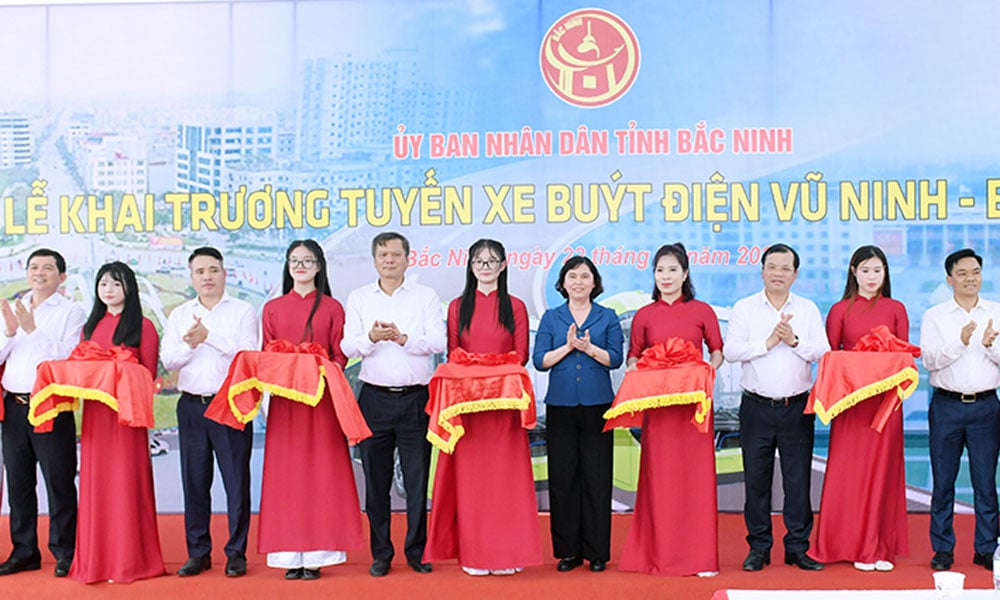

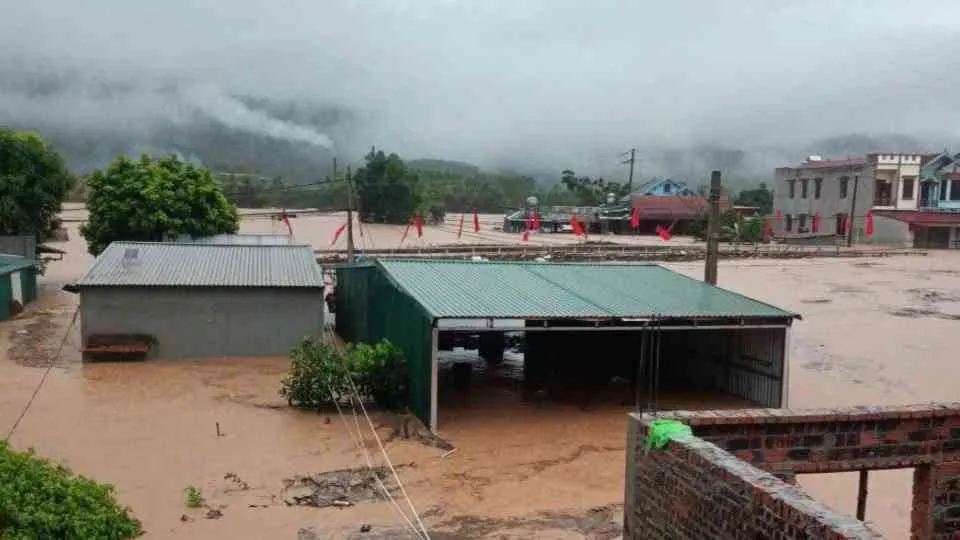


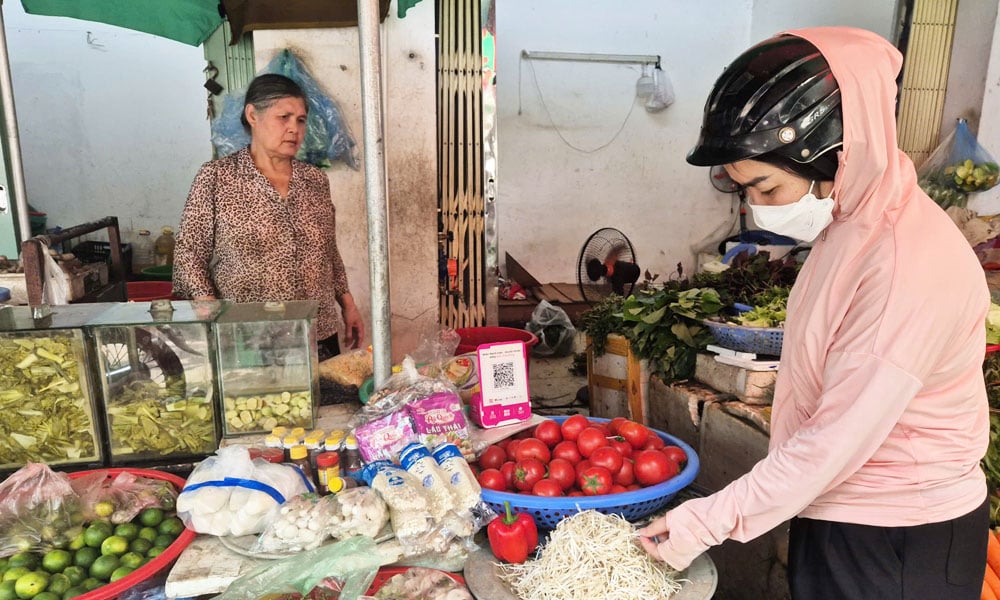

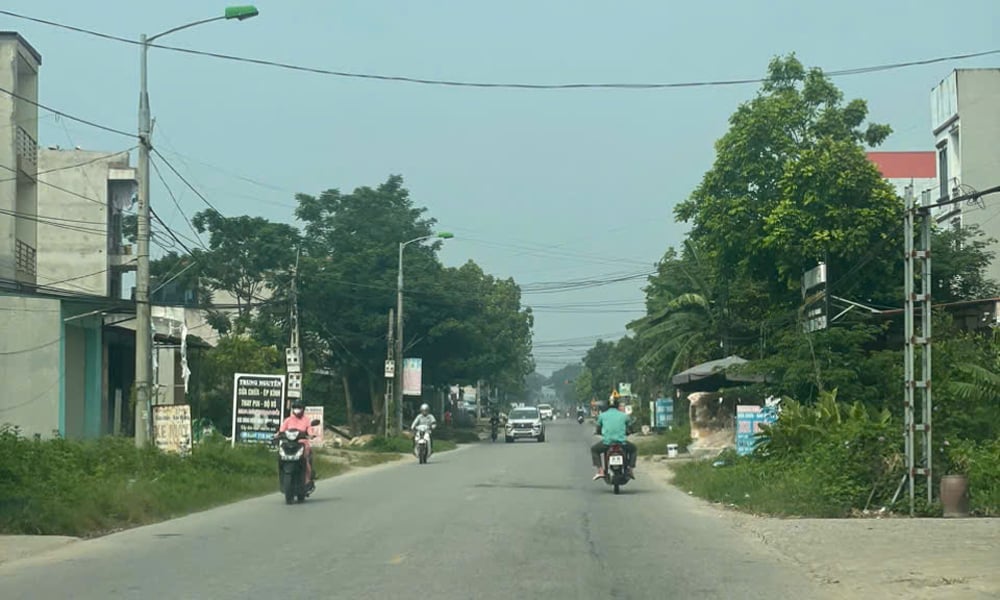

















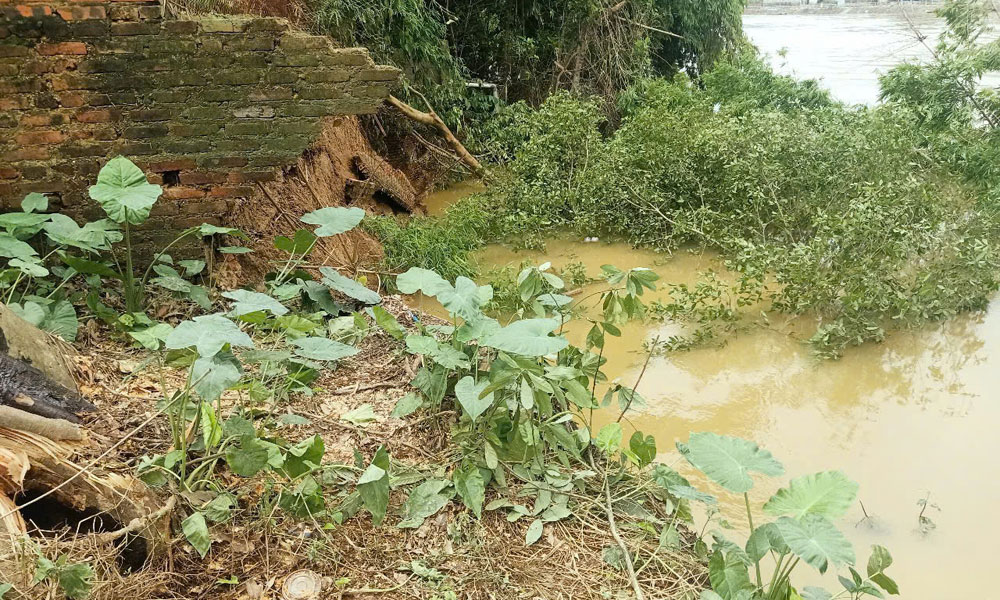
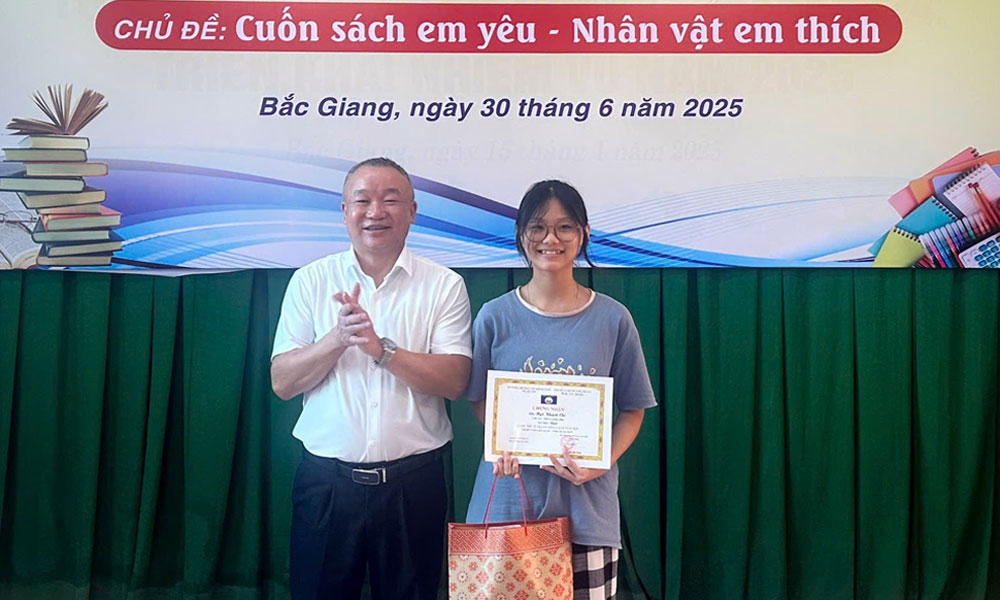
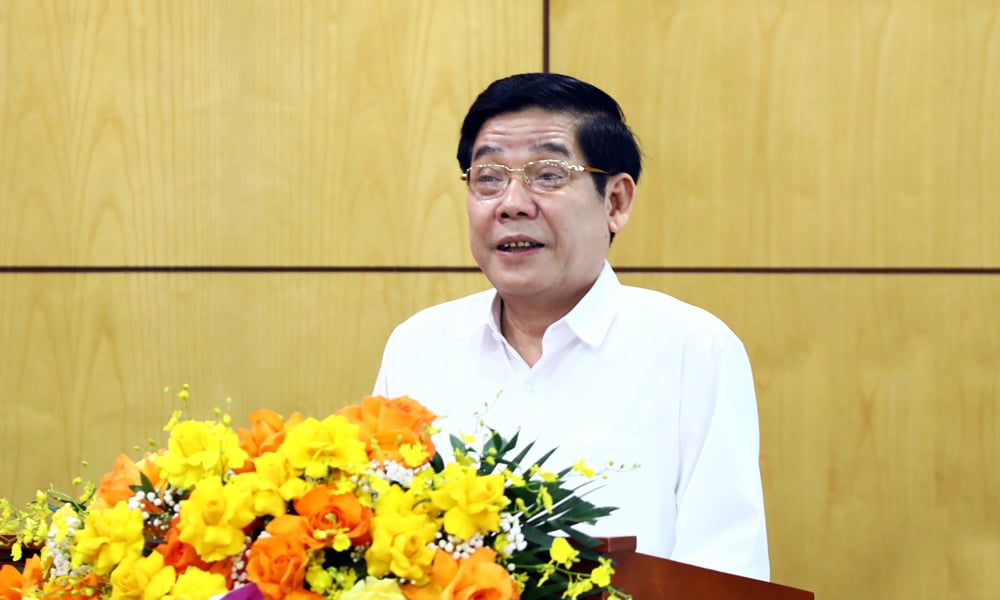
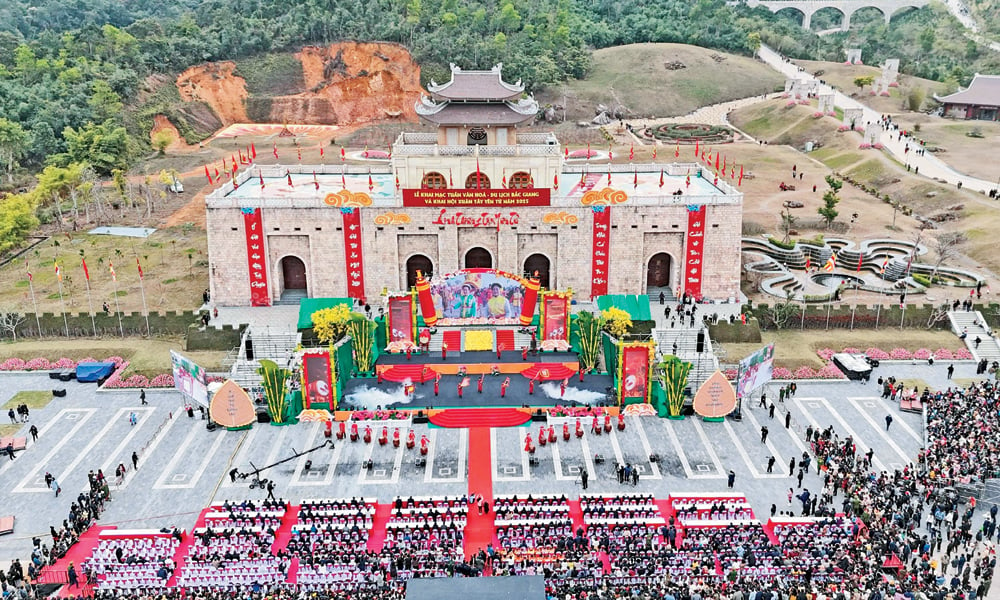
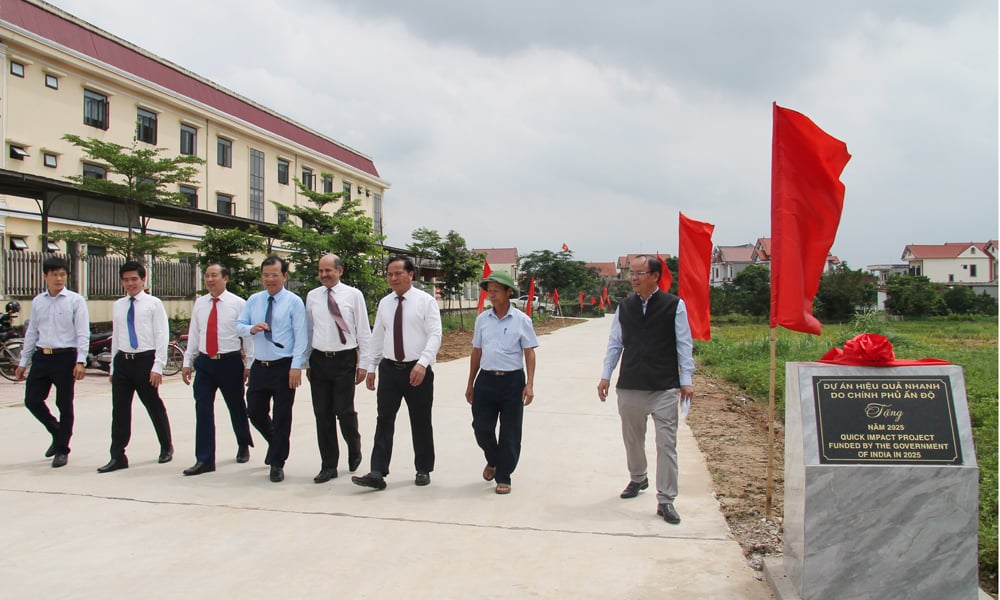






































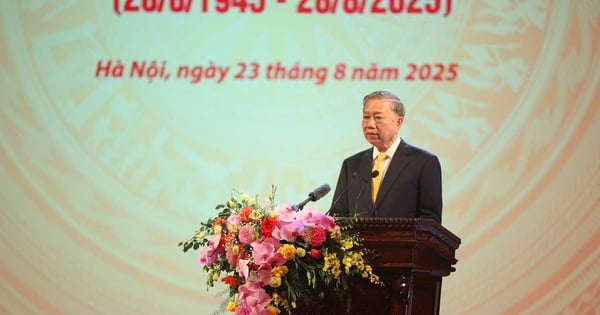
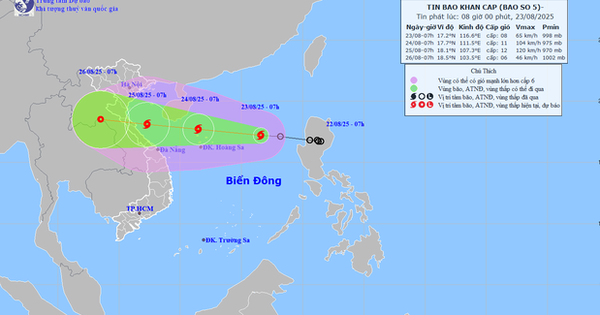
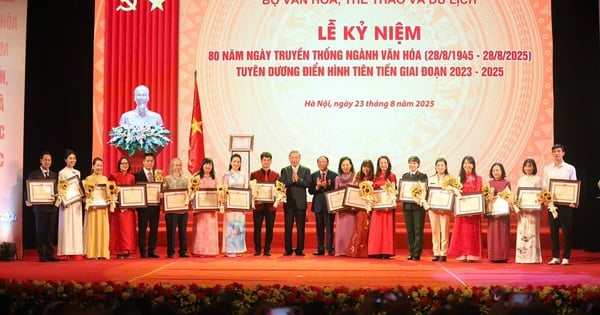


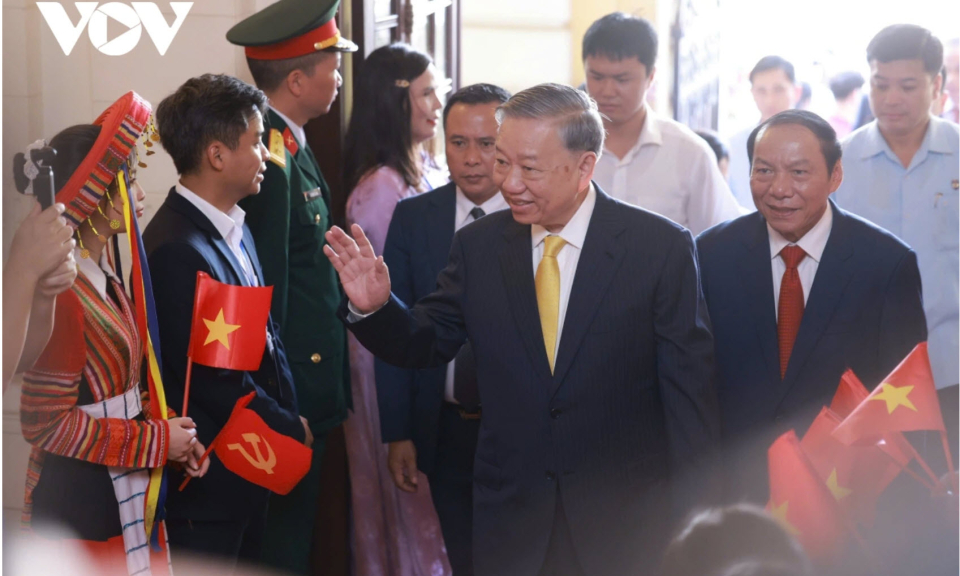

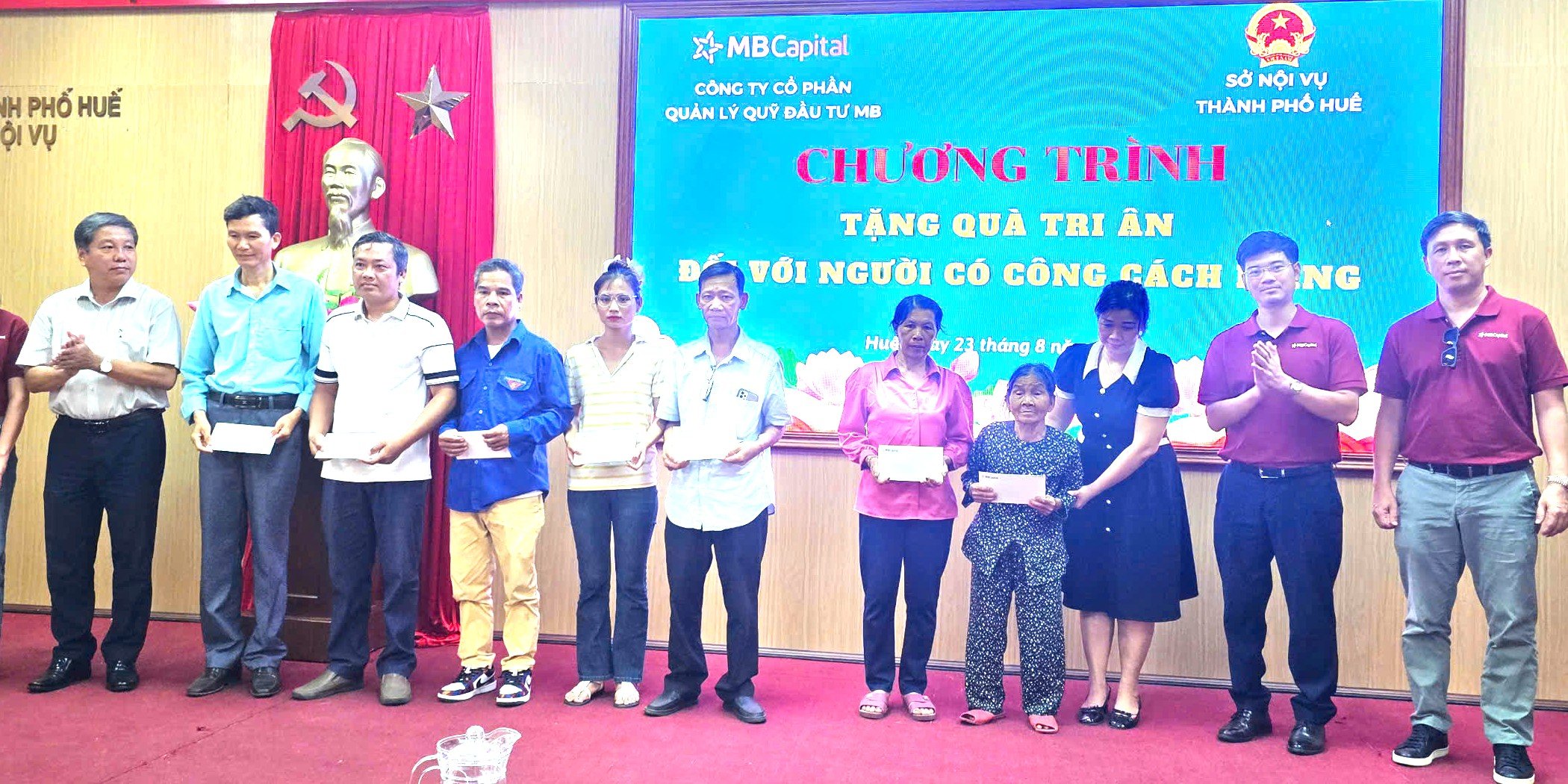

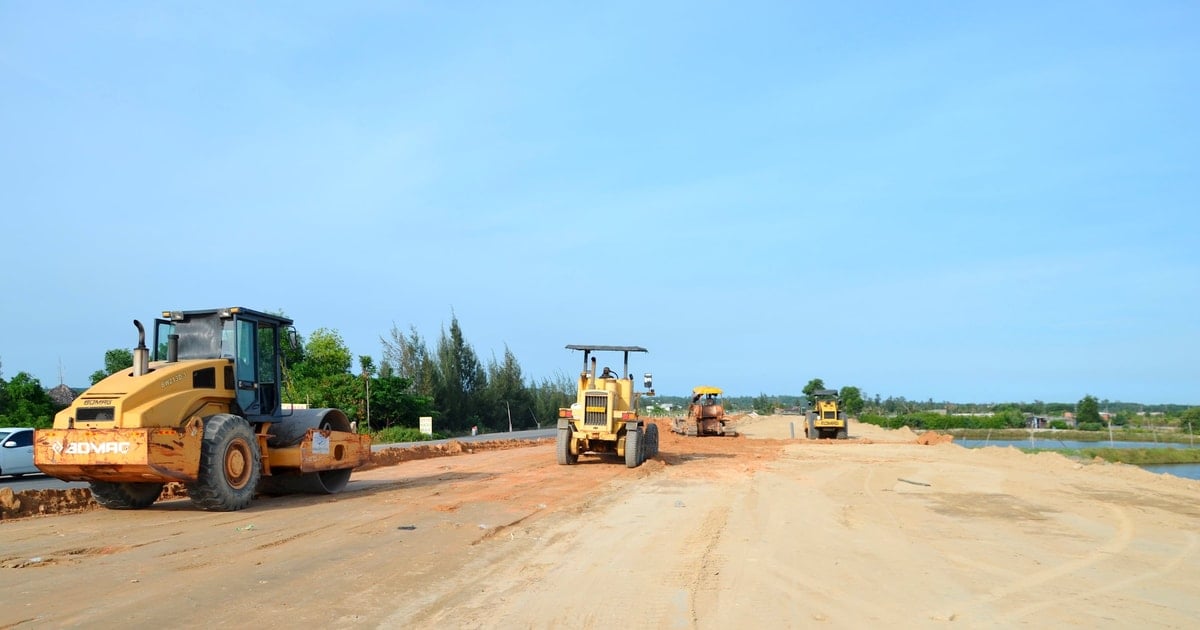


















Comment (0)